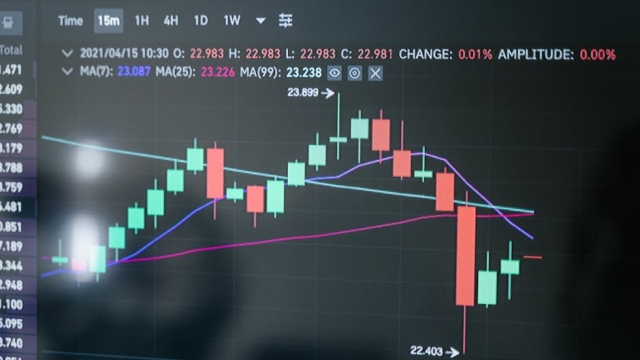
Virtual currencies have emerged as a significant component of the global economy, offering innovative ways for individuals and businesses to transact and store value. These digital assets, often based on blockchain technology, have garnered attention for their potential to reshape financial systems. However, the rise of virtual currencies has also prompted a variety of regulatory responses from governments and financial authorities worldwide. Understanding the landscape of virtual currency regulations is crucial for investors, traders, and anyone interested in engaging with these digital assets.
Overview of Virtual Currency Regulations Worldwide
Virtual currency regulations vary significantly across different regions, reflecting diverse approaches to governance, risk management, and innovation. In the United States, regulatory bodies such as the Securities and Exchange Commission (SEC) and the Commodity Futures Trading Commission (CFTC) play pivotal roles in overseeing virtual currencies. The SEC has focused on determining whether specific cryptocurrencies qualify as securities, thus subjecting them to stringent securities laws. Meanwhile, the CFTC has categorized certain virtual currencies as commodities, allowing for futures trading.
In the European Union, the regulatory framework is evolving with proposals aimed at creating a comprehensive approach to virtual currency regulations. The EU has emphasized consumer protection, anti-money laundering (AML) measures, and the need for clearer guidelines on the classification of digital assets. This is reflected in initiatives like the Markets in Crypto-Assets (MiCA) proposal, which seeks to establish standardized regulations across member states.
In Asia, countries like Japan and China have taken different paths. Japan has embraced virtual currencies, legalizing their use and implementing regulations to promote security and transparency in the market. In contrast, China has adopted a more restrictive stance, banning cryptocurrency transactions while promoting its digital yuan as a state-backed alternative. These contrasting approaches illustrate how cultural, economic, and political factors shape the regulatory landscape.
| Region | Regulatory Approach | Key Focus Areas |
|---|---|---|
| United States | Decentralized oversight | Security classification, AML |
| European Union | Standardized framework | Consumer protection, clarity |
| Japan | Proactive regulation | Security, market growth |
| China | Restrictive measures | Transaction ban, digital yuan |
Impact of Regulations on Cryptocurrency Markets
The implications of virtual currency regulations on the cryptocurrency market are profound. Stricter regulatory measures often lead to increased scrutiny of trading platforms and digital asset offerings, which can result in heightened compliance costs for businesses. This may deter some startups from entering the market or lead to consolidation among existing players. However, clear regulations can also enhance investor confidence by ensuring a level of security and legitimacy in the market, potentially attracting more institutional investment.
Regulations aimed at preventing fraud and protecting consumers are essential in fostering a secure trading environment. By establishing guidelines for disclosures and operational practices, regulatory frameworks can help mitigate risks associated with virtual currencies. On the other hand, overly stringent regulations may stifle innovation and limit the growth potential of the cryptocurrency ecosystem.
Future Trends in Virtual Currency Regulation
As the landscape of virtual currencies continues to evolve, so too will the regulatory framework governing them. Future trends may include harmonization of regulations across jurisdictions, as countries recognize the global nature of digital currencies. Collaborative efforts among international regulatory bodies could lead to standardized practices that enhance security while fostering innovation.
Additionally, as technology advances, regulatory approaches may become more sophisticated, incorporating measures like real-time monitoring and automated compliance systems. The rise of decentralized finance (DeFi) platforms and non-fungible tokens (NFTs) will also challenge traditional regulatory frameworks, prompting authorities to adapt their strategies to address these new developments.
Staying informed about virtual currency regulations is essential for anyone engaged in this dynamic space. As the regulatory environment evolves, understanding the implications of these changes will be crucial for making informed decisions and ensuring compliance in a rapidly changing market.
